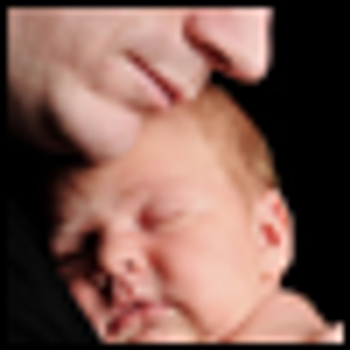
According to the American Foundation for Suicide Prevention, more than 34,000 Americans die by suicide annually. Of these, 10% have never been given a psychiatric diagnosis.

According to the American Foundation for Suicide Prevention, more than 34,000 Americans die by suicide annually. Of these, 10% have never been given a psychiatric diagnosis.

What’s the best way to avoid the paresthesias that can occur in some patients who discontinue SSRI or serotonin-norepinephrine reuptake inhibitor (SNRI) therapy?

Dr Feinberg takes exception to much of what we wrote, or what he thinks we wrote, in our article “Early Antecedents and Detection in Schizophrenia”. We will do our best to reply to his criticisms of what we did write and try to point out where he is shadowboxing at issues that he has created but that we do not hold or endorse.

I wish to comment on the article by Drs McGlashan and Woods, “Early Antecedents and Detection of Schizophrenia” in the March 2011 issue of Psychiatric Times.

The White House Office of National Drug Control Policy will work with Congress to pass new legislation requiring all physicians with Drug Enforcement Administration (DEA) registrations to undergo mandatory education on the use of long-acting and extended-release opioids.

New technologies pose challenges in the need to maintain boundaries and confidentiality. The same boundaries and ethical standards that existed in the 20th century must be thoughtfully applied with all new and developing technologies of the 21st century.

Alfred Freedman was an eminent psychiatric educator, a leader of his profession, and a man willing to challenge public prejudice. He was also one of my closest friends.

The various treatment guidelines are a useful authoritative resource for the reader who wants to know more about this topic.

If psychiatry reduces or abandons its engagement with psychology and social science in understanding and treating mental disorders and focuses predominantly on the biological factors of mental disorders, what will our role as psychiatrists be?

The majority of the literature focuses on prenatal and postnatal depression in mothers, and little attention has been given to the incidence of prenatal and postpartum depression in fathers.

There should be no quarrel over the reality of severe CFS as an instantiation of genuine disease, just as schizophrenia and major depression constitute real disease.

"Einstein’s happiest moment...occurred when he realized...a falling man falling...beside a falling apple..."

Depression and alcoholism treatment requires the proper use of medication and psychosocial interventions, as well as a solid doctor-patient relationship and a commitment to treat both disorders.

Advances in the fields of neuropsychological assessment and neuroimaging have enormously expanded our knowledge about the profile and severity of cognitive deficits in patients with substance use disorders.

The COMBINE study was only one trial designed by academics to maximize internal scientific validity. It excluded individuals with other significant psychiatric and medical illnesses (more often the rule than the exception in some clinical settings)-individuals deemed too severely ill or who needed hospitalization.

In this Special Report, Helen M. Pettinati, PhD, and William D. Dundon, PhD, discuss prevalence, assessment, clinical features, and treatment issues with respect to individuals with co-occurring major depression and alcohol dependence.

Aside from its reckless proposals for dangerous new diagnoses, the most characteristic thing about DSM-5 has been its remarkably poor planning and its consistently missed deadlines.

Whenever a suicide happens in the New Asylums, a palpable, muted dread descends over the institution. It stays there in full force for weeks and months afterwards, sometimes longer. After that, it is added as another sedimentary layer to the strata and culture of the particular institution. Before things get too deeply buried, it is important to excavate.

Over the past century, the syndrome currently referred to as ADHD has been conceptualized in relation to varying cognitive problems including attention, reward response, executive functioning, and other cognitive processes.